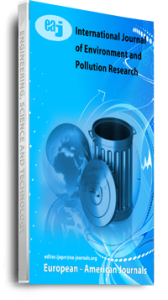Good river water quality management and reusing the water appropriately in irrigation agriculture can decrease complete soil and crops toxicity, and serve as a potential feasible options to potable water as well as improvement of natural water resources shortages. This study was carried out between May and July, 2019 to investigate the discharge and irrigation reuse quality of Wudil River effluents in Kano State, Nigeria. The research was conducted in three locations of the river; locations A, B and C respectively. Water quality parameters; pH, COD, BOD5, nutrients (NO3-N, NH4-N and PO4-P), EC and SS were determined in different water samples obtained from the different locations. Data obtained were subjected to statistical analyses of variance (ANOVA). No significant variations (P>0.05) existed in all the chemical variables among the sampled locations. Comparison of the investigated parameters at the various locations of the river with the standard limit of discharge and irrigation reuse revealed that all the locations achieved compliance except for NH4-N and PO4-P variables that polluted the river using Food and Agricultural Organization (FAO), World Health Organization (WHO), United States Environmental Protection Agency (USEPA) and other related international standards. Hence, the need for a drastic move towards both discharge and irrigation water quality improvement of the river as well as environmental conservation through sustainable development and cleaner technology approach within the research area is highlighted.
Keywords: : Irrigation, River effluents, Soil Quality, Water Quality, wastewater

